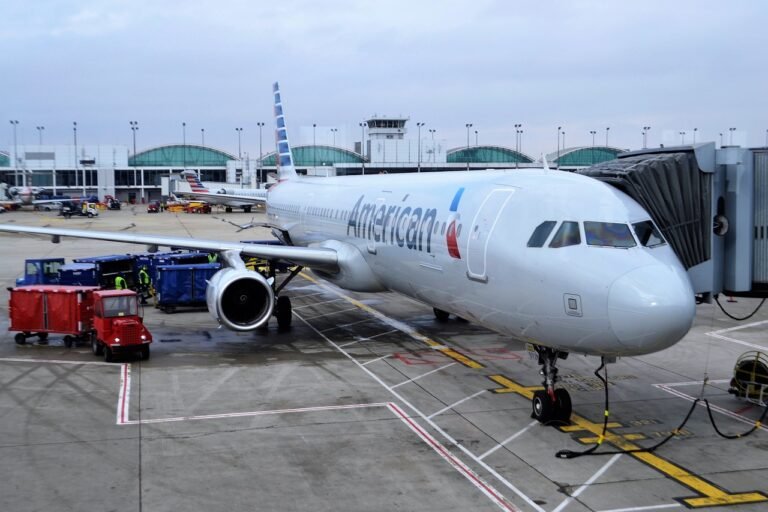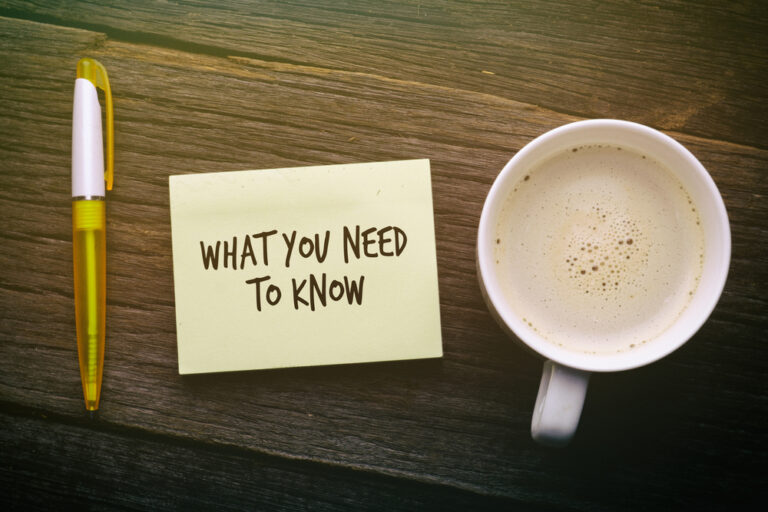Is Tunisia Safe? A Comprehensive Guide for Travelers

Is Tunisia Safe? A Comprehensive Guide for Travelers

Tunisia, a North African country with a rich tapestry of history, culture, and stunning landscapes, has long been a favorite destination for tourists. From the ancient ruins of Carthage to the bustling medinas and beautiful Mediterranean beaches, Tunisia offers a unique blend of experiences. However, potential travelers often ask: “Is Tunisia safe?” This article aims to provide a comprehensive overview of the safety situation in Tunisia, offering insights for those considering a visit.
Historical Context and Current Situation
Tunisia has experienced significant political changes in recent years. The 2011 Jasmine Revolution, part of the broader Arab Spring, led to the ousting of President Zine El Abidine Ben Ali. Since then, Tunisia has transitioned towards a more democratic governance structure, but this period of change has also brought about certain challenges, including instances of political instability and occasional social unrest.
Despite these issues, Tunisia has made considerable progress in stabilizing its political environment. The country held successful parliamentary and presidential elections, demonstrating a commitment to democratic processes. However, like many nations, Tunisia has faced threats from terrorism, which have occasionally targeted tourist sites.
Terrorism and Security Measures
One of the main concerns for travelers is the threat of terrorism. High-profile incidents, such as the 2015 attacks at the Bardo National Museum and Sousse beach resort, raised alarms internationally. These attacks were devastating, leading to a significant drop in tourism. In response, the Tunisian government has implemented stringent security measures to protect both locals and visitors.
Enhanced security can be seen at major tourist sites, hotels, and airports. The Tunisian government has also cooperated with international partners to improve intelligence and counter-terrorism capabilities. These measures have significantly improved the security situation, and many countries have revised their travel advisories to reflect these improvements.
General Safety and Crime
Apart from terrorism, general crime is another consideration for travelers. Petty crime, such as pickpocketing and bag snatching, can occur, particularly in crowded areas like markets and public transport. Travelers are advised to take standard precautions, such as keeping valuables secure and being aware of their surroundings.
Violent crime against tourists is relatively rare. However, it’s always wise to avoid poorly lit areas and deserted streets, especially at night. Tunisia’s police force is generally responsive, and there are tourist police units in major cities and tourist areas to assist visitors.
Health and Sanitation
Tunisia has a relatively good healthcare system, especially in urban areas. Major cities have hospitals and clinics with competent medical staff, but facilities in rural areas can be more basic. Travelers are advised to have comprehensive travel insurance that covers medical evacuation.
Sanitation standards in hotels and restaurants catering to tourists are generally high. However, it’s advisable to drink bottled water rather than tap water and to be cautious with street food to avoid potential stomach upsets.
Cultural Sensitivity and Respect
Understanding and respecting local customs and traditions is essential for a safe and enjoyable visit to Tunisia. The country is predominantly Muslim, and while it is more liberal than some of its neighbors, conservative dress and behavior are appreciated, especially in rural areas and religious sites.
During the holy month of Ramadan, travelers should be aware that eating, drinking, and smoking in public during daylight hours may be frowned upon. It’s also advisable to dress modestly, covering shoulders and knees, to show respect for local customs.
Transportation Safety
Traveling within Tunisia is generally safe, with a variety of options including buses, trains, and taxis. Public transport can be crowded but is an affordable way to get around. Taxis are widely available in cities; however, it’s best to use official taxis and ensure the meter is used or agree on a fare beforehand.
For those driving, roads in urban areas are in good condition, but rural roads can be less well-maintained. It’s important to be cautious of local driving habits, which can be unpredictable.
Natural Hazards
Tunisia is not prone to many natural disasters, but it does experience occasional flooding, especially in the north during the rainy season (October to March). It’s wise to check weather forecasts and heed any local warnings.
Conclusion: Is Tunisia Safe?
So, is Tunisia safe? The answer is generally yes, with some caveats. The country has made significant strides in improving security and remains a vibrant and fascinating destination. By staying informed, respecting local customs, and taking standard precautions, travelers can enjoy the rich experiences Tunisia has to offer.
While it’s impossible to guarantee absolute safety anywhere in the world, Tunisia’s current safety situation allows for confident travel. With its rich history, stunning landscapes, and warm hospitality, Tunisia continues to be a rewarding destination for those who choose to explore it.






